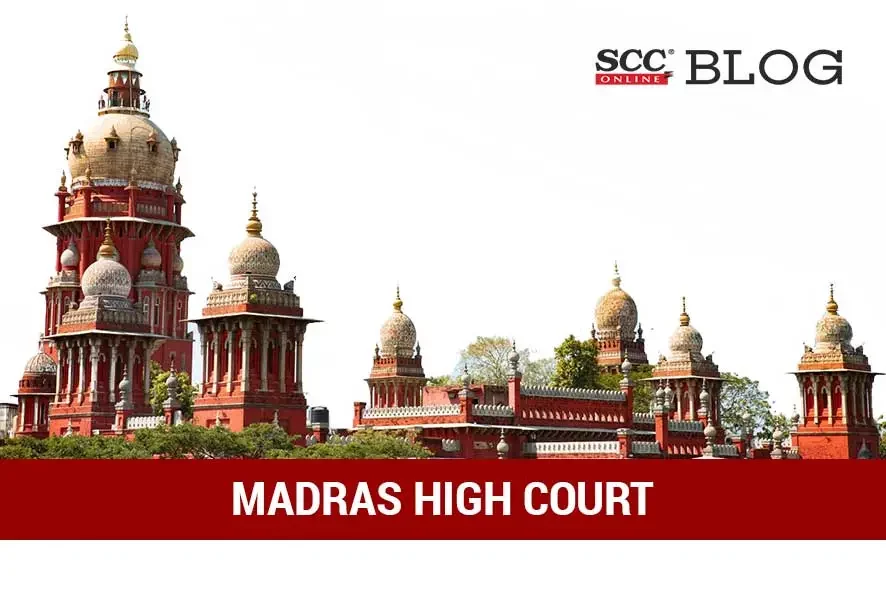Madras High Court: While dismissing a writ petition seeking compensation for medical negligence, a Single Judge Bench of S.M. Subramaniam J., held that the nature of treatment provided to the mother and child cannot be questioned in a writ proceeding and High Court cannot act as an expert body with reference to medical terminology.
Background:
The petitioner’s son in the present case was born with facial deformities. On examination, it was found that the child is suffering from a cardiac anomaly. The hospital referred the child to Institute of Child Health and Hospital for Children where he was admitted. The doctors had to decide on performing (Cardio Thoracic Surgery) for further treatment. However, the child was discharged on medication. On the subsequent visit by the petitioner for check-up, the physician on duty refused to treat the child and directed the petitioner to leave the hospital informing her that there is no scope of life of the child. Thereafter, the writ petition was filed in the Madras High Court claiming compensation for deteriorating health of child on the account of negligence by the doctors in providing proper timely treatments.
Decision:
The Court held that, special treatments are to be provided in reference to peculiar cases and such decisions must be taken by Speciality Doctors on the assessment of patients. The High Court cannot interfere in such decisions. Further, trial natured proceeding cannot be taken under writ proceeding. If there is a case for medical negligence, the parties are bound to approach different Forum and not the High Court under Article 226 of Constitution of India.
The Court observed that medical facility is an integral part of Article 21 of the Constitution under the purview of ‘Life’ and discrimination in treating patients will result in unconstitutionality. Therefore, the Court opined that all the patients are to be treated and equal medical facilities are to be ensured to the patients in the Government Hospitals. The Court further opined that “any discrimination in treating patients in government hospitals would violate the right to life under Article 21 of the Constitution. All patients are to be treated equally and equal medical facilities are to be ensured to patients in government hospitals,”
The Court noted that, pursuant to the interim orders of the court, a committee of specialist doctors was constituted to treat the child and doctors were providing sophisticated and advanced treatment free of cost. It was held that, “this itself is a concession provided and the petitioner cannot expect more from a Government Hospital wherein a large number of patients are treated.” Thus, the Court dismissed the petition and directed the respondent to provide continuous treatment to the child by following medical protocols and extending best available medical facilities.
[K. Mubeena Banu v. Tamil Nadu Health & Family Welfare Department and others, 2023 SCC OnLine Mad 3951,Order dated 08.06.2023]
Advocates who appeared in this case :
Advocate for Petitioner: Mr. P.G. Thiyagu;
Advocate for Respondent: Mr. P Kumaresan, AAG, assisted by Mr. S. Ravichandran, AGP, M/s Aswini Devi K., Standing Counsel.








